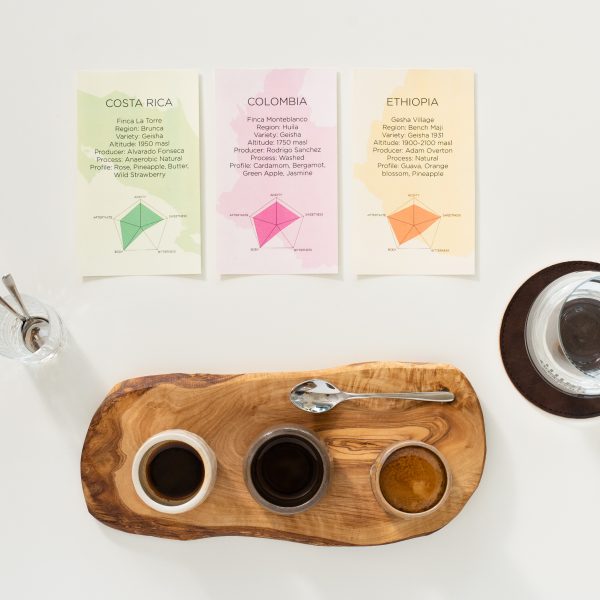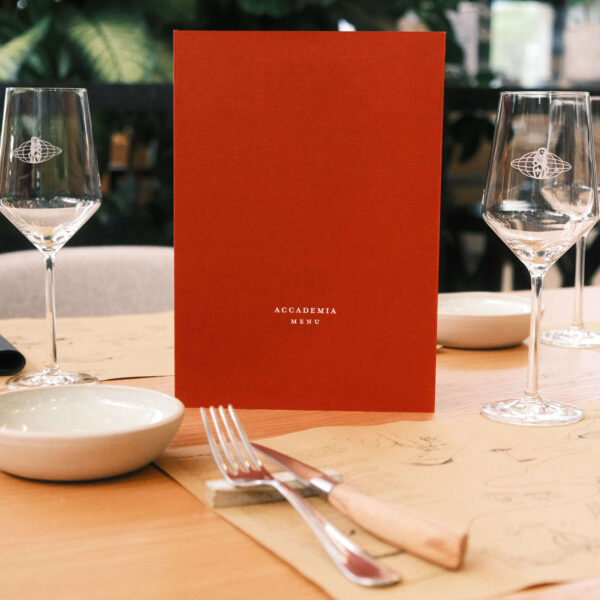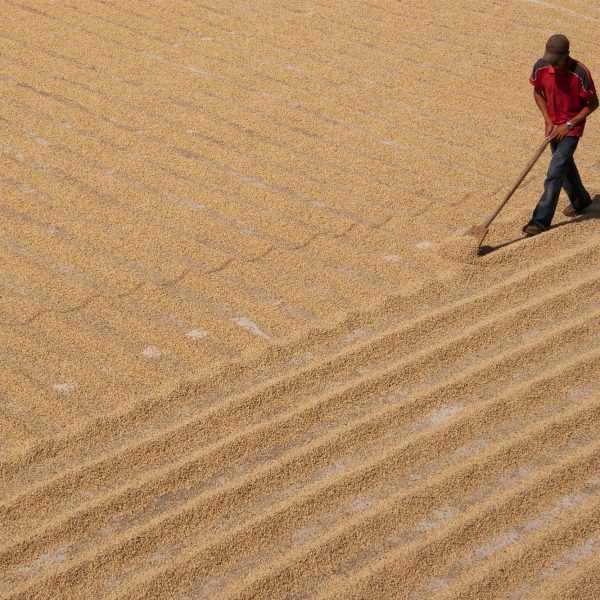Blog
Finca Retana – Interview with Fernando Cofino and Andrés Fahsen
SIGEP, the tradeshow of artisan gelato, pastry, bakery and coffee, is coming to Rimini, Italy, this weekend.
Sunday, March 13th Accademia will be at IILA‘s booth (Hall D3, booth 104), for a series of tastings of Colombian, Ecuadorian, Guatemalan, Honduran and Dominican coffees.
Waiting for the beginning of the show, we’re presenting one of the coffees we’ll be serving with this interview with Finca Retana in Antigua, Guatemala.
We interviewed Fernando Cofiño, owner of Finca Retana, and founding member of APCA (Antigua Coffee Producers Association) and Andrés Fahsen, General Manager of Finca Retana.

Hi Fernando, this year Finca Retana turns 90. How do you feel about it?
F: You are right, my grandfather bought this Finca in 1932, during the recession. It is quite a long time! Things have changed since then: they used to produce milk, and sugar cane and corn were the most important crops. Today, our Finca produces macadamia nuts, and, most importantly, coffee, that is the core of our production. Antigua coffee is special, it has an appellation of origin as well.
Can you tell us more about Finca Retana? Where is it located and what are the main characteristics of the area?
F: Antigua is settled in a valley between three volcanoes. The soil is then very rich in minerals. Finca Retana is 5000ft (1550m) above sea level, located in an urban area. Around 20 families live inside.
A: The time of the year in which rain is consistent is from May to October. Sometimes we do not have enough rain, the last ten years have been tough for that reason. We used to take water for our crops from our local river, but now it is completely contaminated, we do not even walk past it. The Laguna de Retana was another important spot to collect water, but it has dried. We can rely on underground water, that is taken from two spots, one at 150ft and another at 400ft below. The latter is much more recent than the other that was created in the 1950s.

Let’s get to coffee, then. What kind of cultivating and processing methods do you use?
F: We have always produced washed coffee until this year. We started experimenting and have produced a natural and a honey processed coffee. Our plantation is 125 hectares large. We dry our coffee in ladrillos, patios, as the soil below and the dry climate are helping us in doing that. We have got a greenhouse as well, but the storage there is limited as you may imagine.
What kind of coffee varietals do you produce?
F: Originally, we cultivated Typica and Bourbon varietals. Nowadays, we have changed to Caturra and Bourbon Amarillo, that results in a very rich cup. Bourbon Amarillo is something new for Guatemala, but we have cultivated it for almost 30 years now. Caturra is less resistant than the others: we will maybe replace it with other varietals.
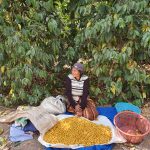
Do you also have hybrids?
A: Not yet.
Can you tell us something more about the coffee you sent us and we will be serving at SIGEP?
F: That is our Red Bourbon from the Rio Norte plot. It was planted in 2008 and harvested in January 2021. It is shade-grown, under Grevillea plants. It is bright, sweet, aromatic. Its acidity is very well balanced.
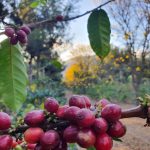
What role does sustainability play for Finca Retana?
F: We follow C.A.F.E. practices standards of Starbucks. We make efforts not to waste water and what comes out of the mill is used as an organic fertilizer in our plantations. We are proud of not using chemicals in our crops. We are very eco-friendly, I have to admit. We have destined some areas of the plantation to the coffee pickers, so they can grow their own corn, beans, and vegetable. We also pay the tuition for all kids of the school at the entrance of our Finca that is in San Bartolo.
In San Bartolo? We are in San Bartolo, too! But some kilometers far from you, I guess.
F: Oh, really? That is something we have in common, with the passion for coffee.
You are right. You make such a good product: have you ever taken part in the Cup of Excellence?
F: Yes. We participated some years ago, but we did not manage to in the last four editions. We are optimistic we can make it again. Meanwhile, we have participated in a Guatemalan competition for regional coffees. The coffee you will be serving at SIGEP is from that competition.
What do you think of Guatemalan coffee culture and what do you expect from the future?
A: In terms of coffee processing, we are a very traditional country. Guatemala and Antigua in particular have a long tradition of quality. Lately, the costs of producing coffee increased because Guatemala is lacking hand labor. People are moving to other industries and other countries. It is tough to find good hand pickers. Anyway, Guatemalan coffees are excellent and the attention we put onto the selection is of course distinctive for us, especially for Finca Retana.
Where do pickers come from?
F: They are mainly from Antigua and its surroundings. They are mostly locals.

